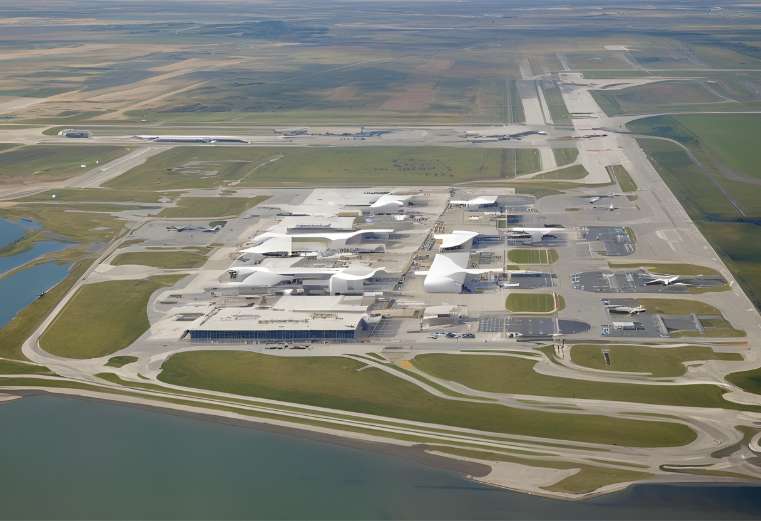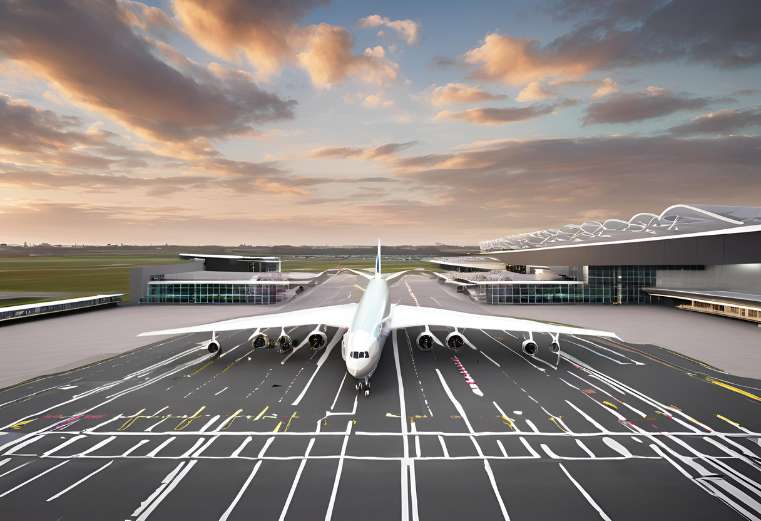The debate surrounding airport expansion projects has intensified across the globe, as communities, environmental advocates, and transportation authorities weigh the economic benefits against social and environmental concerns. London City Airport’s recent proposal to increase capacity from 6.5 million to 9 million annual passengers has ignited public concern, with local residents and officials questioning the long-term impact of the expansion.
One of the primary issues is noise pollution, particularly for those living near the flight path. Extended operating hours, such as the proposal to expand Saturday schedules, have raised concerns over residents’ quality of life. London’s Environment Committee has criticized the airport for not adequately engaging with the community and expressed disappointment over missed opportunities to discuss the proposal during formal meetings.
The airport’s growth not only threatens to increase noise but also poses environmental challenges. With London committed to achieving net-zero emissions by 2030, the projected increase in air traffic will add pressure to meet these goals. Environmental advocates argue that without sufficient measures to reduce emissions from aircraft, these expansions could hinder climate targets.
Transportation and infrastructure are also central to the debate. Expanding passenger numbers would inevitably strain local roads and public transport networks. Critics fear that without adequate investments in infrastructure, congestion in surrounding areas will worsen, impacting both residents and travelers. The Committee has called on local authorities to consider these factors thoroughly as part of the planning application process.
Beyond London, similar conversations are unfolding in other regions. In western Washington, for example, discussions about building new airports shifted to the possibility of expanding existing facilities. This approach reflects a broader trend where authorities prefer scaling up current operations over creating new sites, due to cost, environmental, and social considerations.
Expanding airports can offer economic benefits, such as increased tourism, job creation, and improved connectivity. However, striking a balance between these advantages and the wellbeing of local communities remains a challenge. Effective public consultation and transparent planning processes are essential to ensure that the concerns of residents are addressed while enabling sustainable growth.
With airport projects worldwide facing heightened scrutiny, it is clear that the future of aviation infrastructure will depend on collaborative efforts between stakeholders. Authorities must address both local and environmental challenges to secure public support for such large-scale developments. As cities like London weigh their options, the outcome of these deliberations will likely shape the future of airport expansions in urban settings.





